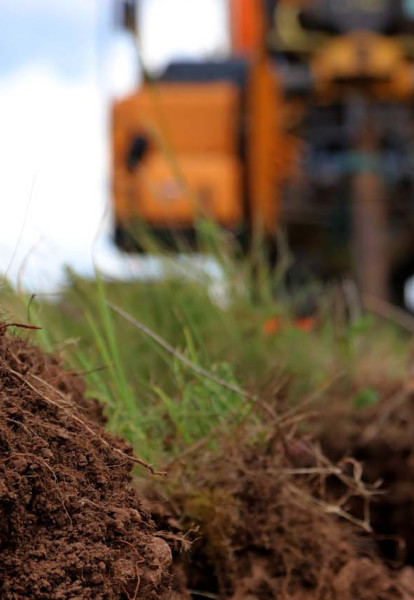
Excavation or trenching is extra dangerous in spring weather
Construction work is dangerous and demanding. Employers often offer premium wages for construction work because of the risk involved. You may have chosen particular projects or to specialize in certain skills either to earn more money or to minimize your risk at work.
Some workers assume that if they decline to work at significant elevations, they will reduce their risk of suffering a construction accident. It is certainly true that falls are one of the leading causes of injury and death among construction workers. However, working closer to the ground doesn’t necessarily eliminate your risk of getting hurt on the job.
Caught-between incidents are another of the top causes of construction fatalities and injuries, and many of these incidents involve excavation or trenching. These risks are constant, but they may be especially significant in the spring months in Connecticut.
Changing weather conditions and precipitation can move the soil
Spring in Connecticut often sees the temperature going above freezing and then back down again repeatedly. Those changes can produce frost heave in the soil, which means that the earth moves significantly because of the expansion and contraction associated with those temperature changes.
Even if the temperatures stay above freezing consistently, the increased precipitation of the spring months will bring its own risks. Wet soil is more likely to shift or slide, causing cave-ins that could trap workers in trenches or lead to machinery moving in dangerous and unpredictable ways.
Construction companies should minimize spring risks
The dangers of excavation and trenching are well-known in the construction industry, so the company hiring people to do excavation work should be proactive in its attempts to minimize worker risk.
Using trench boxes and similar supports can drastically reduce the risk of workers getting hurt in a cave-in while in a trench. The careful management of machinery near trenches can also help protect workers, as can proper training and even the decision to temporarily suspend work when weather conditions make the soil too unstable.
Knowing your rights both before and after construction accidents can help protect yourself and get benefits to support your family until you can get back to work if you get hurt on the job.
Get in Touch
Schedule a Free Initial Consultation
At Kennedy, Johnson, Schwab & Roberge, P.C., we handle all cases on a contingency fee basis. This means that we do not get paid unless and until you receive a settlement or a jury award.
Schedule a free, confidential consultation with a skilled Connecticut personal injury lawyer today.








